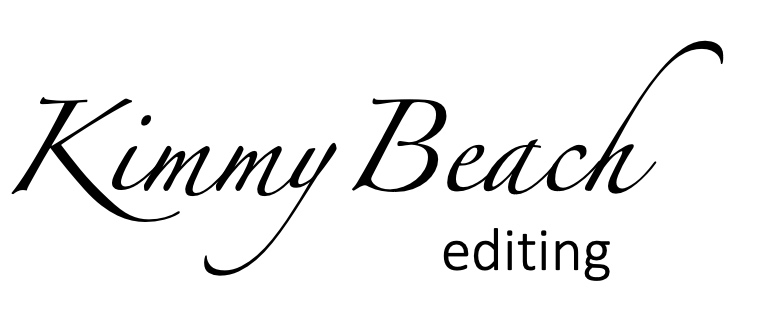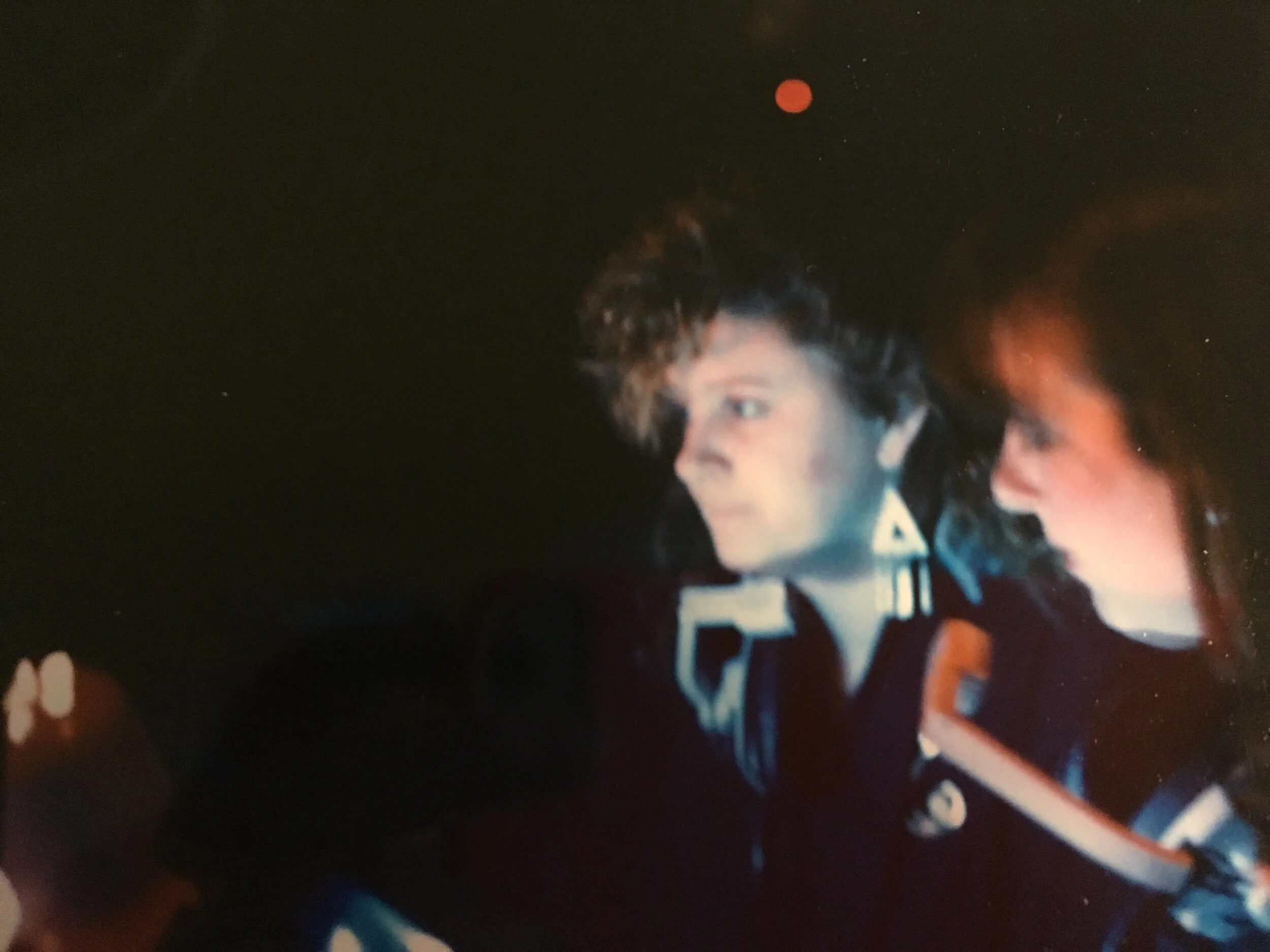Editing = Stage Management? Maybe!
I found out the other day that this book has been nominated for the Governor General’s Literary Award for Non-fiction (through the Canada Council for the Arts).
For those of you who may not know, this is a RILLY BIG DEAL. Like, one of the most important literary awards in Canada. It’s a party I don’t think I’ll ever be invited to (as an author), though I did serve on the poetry jury some years back. Lemme tellya: it’s not an easy job narrowing it down to just a few books from the hundreds that are published each year. Juries have their work cut out for them, and it’s often heartbreaking to have to let a beloved book go because it didn’t resonate with the other jurors, for whatever reason.
“The icing on the cake of this one is that I edited it.”
But then there are the books that don’t get swept from the meeting room table. Like that one up there. And the icing on the cake of this one is that I edited it. It came to me already great, and I loved working with Naomi, who I’d also call a friend. I’ve loved her work for years, and it’s about time she got some serious recognition for the kick-ass writer she is.
And it got me thinking. Editing is a lot like stage managing. I was the production stage manager for a small college theatre studies program for a decade before I quit that racket and went back to school to get my English degree. I wrote this book about that (it’s still in print after sixteen years, which is pretty rare for a book of Canadian poetry. I’m proud of that):
I was extraordinarily lucky because the artistic director at a theatre studies program at the University of Toronto was browsing in a bookstore one day in 2003, found this by chance, bought it, and made a play out of it. Not to be outdone, Red Deer College did the same thing the following year.
It was longlisted for an award which no longer exists, but otherwise, that was it. I was fine with that. I have an ambivalent relationship with awards culture in general, as I occasionally find them more divisive than inclusive. That book against this one, for instance (which implies, of course, that author against this one).
I’ve tried to find the good in the whole system and last year, my novel, Nuala: A Fable, was shortlisted for a fiction prize that I was happy I didn't win. I got a free hotel, went to a nice party, hugged some friends, went out for late-night tacos, and then I could put that book to bed and move on.
The GGs are a different bag of fish. These awards are high-profile and life-changing. I do try to be happy for everyone who lands on a list of any kind, but I’m feeling really proud of this one. It’s first and foremost a nod to the stellar writing inside, but it also gave me a huge shot of confidence in terms of my editing ability.
And once in a while, we need that, no matter what we do or how invisible it is (or should be).
~~
Stage managers are, by definition, invisible. We wear black and skulk around in booths or wings making things happen, or asking other technicians to make things happen. The goal is to make the audience forget that anyone is running the show. It should appear that the show is running itself: that what the audience sees on stage happens by magic and they don’t need to think about it.
So while the actors receive their ovations, it’s become the norm (and has been for ages) for them to gesture to the booth to acknowledge the technicians, and to the orchestra if it’s a musical.
All as it should be. And come awards time, there are certainly technical theatre awards along with those for acting, designing, and all other aspects of the production of shows.
In Canada, our top editing award is the Tom Fairley Award for Editorial Excellence (through the Editors’ Association of Canada, to which I belong), which my editor, Peter Midgley, won for his work on my fifth book, The Last Temptation of Bond. An editing award is like a stage management award: an award for who can be the most invisible.
Also as it should be. Both editors and stage managers know what we’re signing up for. We’re not the ones receiving the applause on a nightly basis, but we know our worth, and so do the actors/writers we work with.
I got my moments in other ways than applause. Here’s me in situ with a student I was teaching (gawd I miss those earrings. Whatever happened to them?). We’re in the booth at the Red Deer College Arts Centre (commonly known back in the day as the Farts Centre or The Big Ugly Train). This is definitely a performance of The Pirates of Penzance in 1990. During “Hail, Poetry”, I would turn the light to my face like this (normally, my tiny light was on my prompt script), and the entire cast would sing that song directly to me.
That remains one of the best memories of my time in the theatre. I can see lipstick on my cheek. Some actor had placed that there. I rarely went up to the booth on any given night not covered in other people’s makeup. From the look on my face, I’m guessing this was closing night. I really didn’t want that show to end. I loved it, and my husband, Stu, was the best Major General ever to perform that role. That’s a hill I’m willing to die on.
Someone caught him in the middle of a blink. That’s me to his right, so I’m not sure who took this. The mutton chops were real.
My moments of recognition came via a tiny light in my stage management booth. And maybe it’s okay if I shine a tiny light on myself for a day or two about this wonderful book. And then, back to work.




